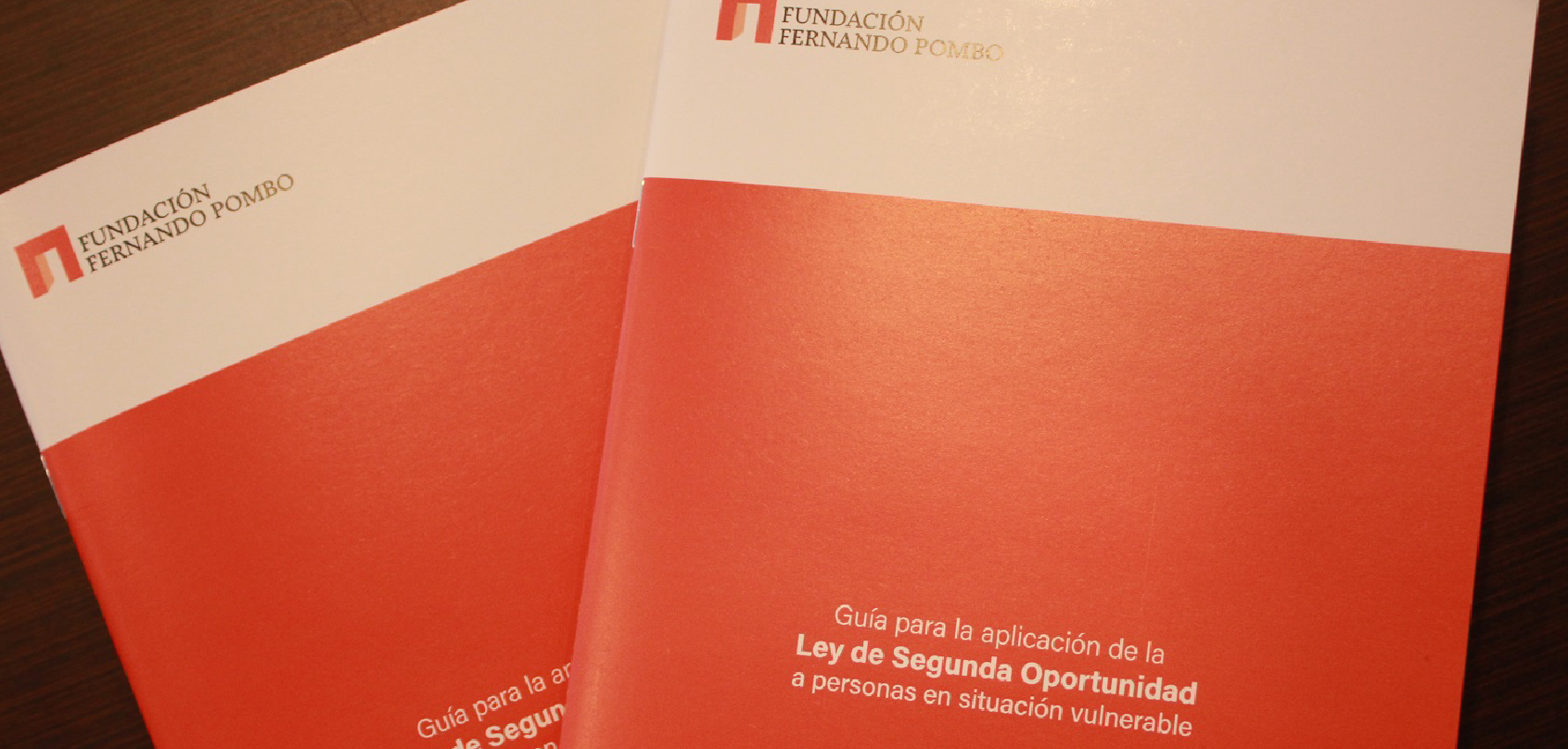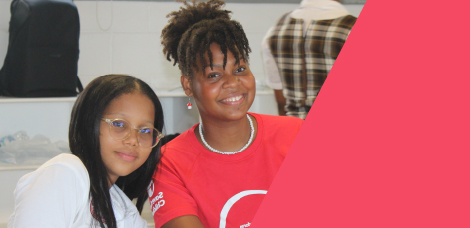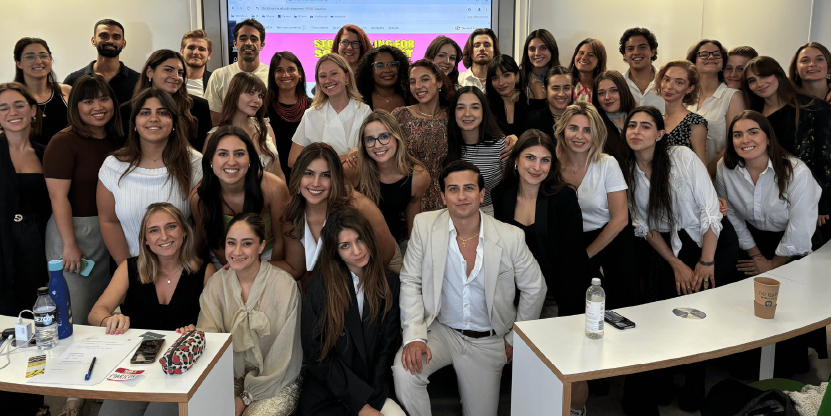The Right to a Second Chance

Objective
The Fernando Pombo Foundation, which fosters Pro Bono collaboration between lawyers and social entities specializing in assisting vulnerable groups of women, identified a critical need: providing support to help these women break free from perpetual debt and embrace a “second chance.”
This project culminated in the creation of a unique legal guide outlining the potential applications of the Second Chance Law for Individuals. Its purpose is to equip foundations, NGOs, and organizations supporting women at risk of social exclusion, along with lawyers handling their cases, with an understanding of the various legal alternatives offered by this law. These alternatives aim to help individuals escape the cycle of debt and rebuild their lives.
After completing the guide, the Fernando Pombo Foundation partnered with Fundación LLYC to support its dissemination. They raised two primary concerns: ensuring free access to the guide for those who could benefit from it while safeguarding intellectual property and the extensive collaborative efforts behind it. Additionally, they sought help designing the guide to make it more visually appealing.
Solution
After months of teamwork involving Pro Bono lawyers from the Fernando Pombo Foundation and social entities—led by María José Paz-Ares, Partner and Litigation Lawyer at Gómez-Acebo & Pombo, and Andrea Rodríguez Nistal, a lawyer from the same firm—the time came to promote the guide. Fundación LLYC undertook the following communication initiatives:
- Designed and formatted the guide to make it more visually engaging.
- Developed a dedicated website for the guide, offering free downloads and expert commentary. The site highlights the significant collaborative efforts behind the guide and helps monitor its usage.
- Advised on the organization of the launch event, held on November 22, in alignment with the International Day for the Elimination of Violence Against Women (November 25). Blanca Hernández Oliver, former Delegate of the Government for Gender Violence and Director of Studies at the Spanish Congress of Deputies, inaugurated the event. It was attended by organizations working with vulnerable groups, lawyers, and political representatives in equality-related areas.
Impact
The project culminated in the participation of 61 attendees at the launch event, alongside a training session on the legal aspects of gender-based violence that saw 150 participants, organized in collaboration with the Madrid Regional Government’s Women’s Directorate. Furthermore, 100 physical copies of the legal guide were distributed, while the guide also received 53 downloads from the website.

